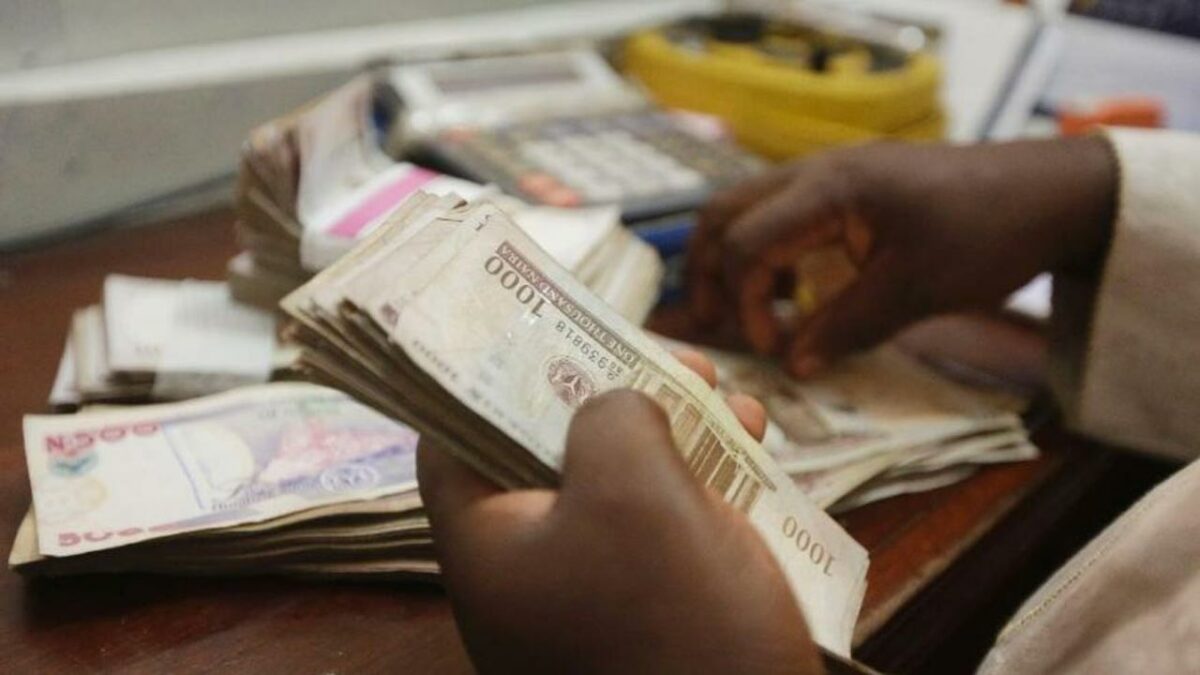The Lagos State government has disclosed that it will fund its 2021 budget deficit of N192.494 billion by a combination of internal and external loans which are denominated in naira to avoid exchange rate challenges.
This was disclosed by the State’s Commissioner for Economic Planning and Budget, Samuel Egube, while presenting the facts behind the figures for the state’s budget for 2021 at a media round table session.
- Lagos recorded 1,024 disaster cases in 2020
- How investment companies can improve state IGR – KSIP CEO
According to him, the choice of a naira denominated loan would ensure that the state does not run into any crisis at the time of repayment as a result of exchange rate fluctuations or scarcity.
The total revenue for the state budget is N971.02bn, consisting of internally generated revenue (IGR) of N723.81bn; capital receipts (N71.81bn); and federal transfer of N175.40bn.
He said: “The Lagos 2021 budget is made up of N702.93bn for capital expenditure and N460.49bn for recurrent expenditure, implying a ratio of 60:40 capital to recurrent ratio against the 2020 budget which was at the ratio of 55:45 of capital to recurrent.
“The breakdown of Lagos recurrent expenditure shows total personnel cost (N168.72bn); total overhead costs (N260.07bn); and debt charges (N31.87bn).”
Also at the event, Commissioner for Finance, Rabiu Onalapo, stated that the state will use a local debt instrument through domestic bond issuance to fund the deficit in its 2021 budget.
He said: “We hope to do about N100bn through bonds from the capital market, External loan of about N52bn and internal loan of about N41bn, totalling N192bn to be deployed for capital expenditure.
“The debts are totally tied to capital projects adding that the state’s 19.8 per cent debt to revenue ratio is projected to rise to 22% in 2021.
“This remains below the World Bank and federal government’s benchmarks of 40% and 30% respectively.”
Other key highlights and projects under the budget include N166.579bn for the construction and maintenance of roads and other infrastructure within the state.
A total of N93.745bn was budgeted under the transportation family for Blue and Red rail lines, junction improvement all around the state, completion of trailer parks in the state, and development of quality bus corridors among others.
The sum of N146.935bn was budgeted for the education sector. The figure is N10.835bn higher than the 2020 provision of N136.1bn.
The Sum of N23.50bn is provided for the building and upgrading of IT infrastructure state-wide. This consists of N17.131bn for the Smart City Project. The balance of N6.371bn is earmarked for the e-GIS Land automation system, single billing system, and ease of tax payment/levels among others.

 Join Daily Trust WhatsApp Community For Quick Access To News and Happenings Around You.
Join Daily Trust WhatsApp Community For Quick Access To News and Happenings Around You.


